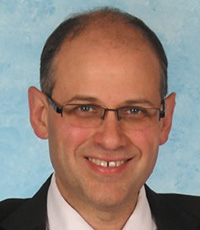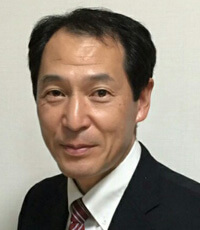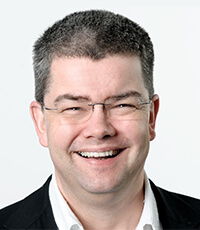ICST 2017
Program
13-17 March 2017, Tokyo, Japan
Keynotes
Simultaneous interpretation from English into Japanese will be provided for some sessions e.g. all keynote sessions.
Tue March 14 (Day-1) 9:30 AM
Title: The State of Continuous Integration Testing at Google.

Speaker
John Micco, Google, USA
Bio
John Micco is a senior manager at Google focusing on the internal Continuous Integration Testing and Continuous Deployment systems. He has been working in the software industry for 30 years and working on CI / CD solutions for the last 12 years.
Abstract
We are always working on improving the efficiency of our developers’ core workflows by providing better and faster tooling and processes for testing their code submissions. This talk will describe some of the most interesting problems (such as scalability and flaky tests) that we are finding in the developer workflow and how we are working to improve core testing workflows for all Google engineers.
Slide (PDF 2MB)
Wed March 15 (Day-2) 9:30 AM
Title: Testing and Validation Requirements for Automated Driving Technology.

Speaker
Kenji Nishikawa, Toyota Motor Corporation, Japan
Bio
Kenji Nishikawa is a General Manager at Toyota.
He has been working on system/software development of automotive control systems for more than 20 years and is currently responsible for the development of basic software including testing and validation of communication software for Toyota vehicles.
He is also a steering committee member of AUTOSAR Development Partnership which is an industry wide standardization activity for automotive basic software.
Abstract
Development of automated driving system is in transition from experimental phase to actual implementation phase.
This talk will describe about the system trend which utilizes various automated driving technology and the revolution of system development process which imposes new/additional system validation requirements
Thu March 16 (Day-3) 9:30 AM
Title: Model-Based Testing and Model Inference: Better Together!

Speaker
Andreas Zeller, Software Engineering Chair
Saarland University - Computer Science
Bio
Andreas Zeller is a full professor for Software Engineering at Saarland University in Saarbrücken, Germany, since 2001. His research concerns the analysis of large software systems and their development process. In 2010, Zeller was inducted as Fellow of the ACM for his contributions to automated debugging and mining software archives, for which he also was awarded 10-year impact awards from ACM SIGSOFT and ICSE. In 2011, he received an ERC Advanced Grant, Europe's highest and most prestigious individual research grant, for work on specification mining and test case generation. In 2013, Zeller co-founded Testfabrik AG, a start-up on automatic testing of Web applications, where he chairs the supervisory board.
Abstract
Model-based testing techniques allow for a thorough exploration of the program behavior, but require a model in the first place. Model inference techniques, on the other hand, promise to extract suitable models from program executions, but require these very executions in the first place. Is there a way out of this chicken-and-egg problem? In this talk, I suggest to conduct both testing and inference at the system interface, which allows a clear distinction between valid and invalid inputs, and effectively allows to both test and infer models at the same time. Given only a program without any sample inputs, our AUTOGRAM prototype uses parser-directed test generation to infer a context-free grammar that models the program input; this grammar can be immediately used to synthesize millions of valid inputs.